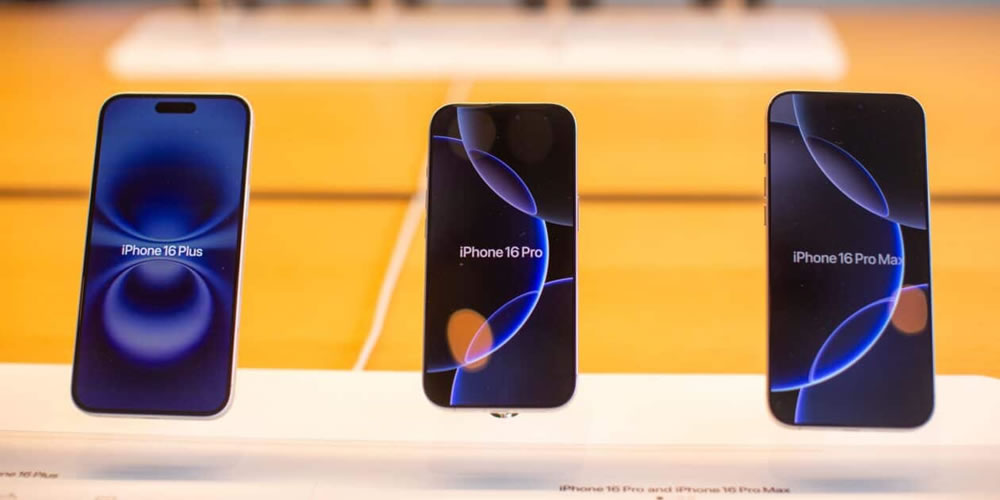Apple has just declared it is investing $1 billion into Indonesia, a country it now seems committed to. It follows the Indonesian government’s ban on iPhone 16 sales, citing that the product did not meet the country’s regulations. Well, this ban simply revealed just how strict Indonesia was in compelling companies, especially those trading in technology gadgets, to help boost the economy through investments and producing goods locally.

Meeting the Regulatory Demands
The ban on the iPhone 16 had been the result of Indonesia’s demand for companies to create local production facilities. Without doing this, companies face major hurdles, including heavy import duties or outright bans. How Apple responded to these demands underlined a willingness to bend to the will of local policy to further extend its global footprint. The tech giant is proposing a serious investment to get back into selling its flagship products in the region. That’s a page from Apple’s playbook: make sure it can get into a market, even if that means bowing to local dictates.
Apple Expands Indonesia Footprint
The company has said that under the $1 billion plan, production facilities will be set up in strategic locations. A sum is to be invested to set up a factory on Batam Island off Singapore. There’s every likelihood that the Batam plant will produce up to 20% of the global output of AirTags. Moreover, it will begin producing other wearables and accessories at its partner site in Bandung, near Jakarta, in the future. These can also bring in employment and more funds to the local economy.
Empower the Next Generation
Apple also intends to expand its Apple Academy program in Bali, to develop young programmers in Indonesia. The company is committed to nurturing talent and contributing to local communities. In this way, Apple addresses regulatory concerns with the added benefit of strengthening its position in the Indonesian market.
The investment finally balances business growth at Apple with the need for compliance with local regulations. The move underlines its commitment to value creation in key markets and to furthering its global reach.

















